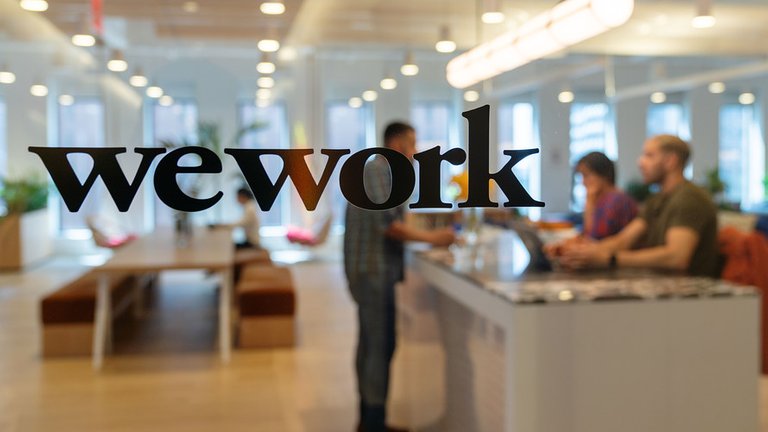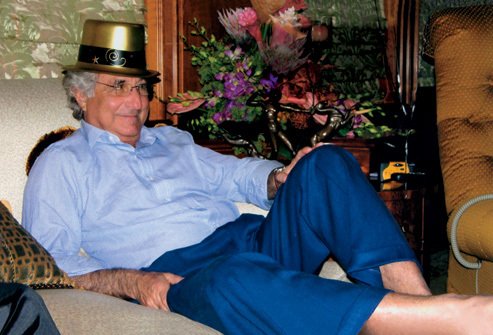In 2019: The “Unicorn Bubble” ended
The “Unicorn Bubble” ends; the market shrugs

While Boeing managed to eke out a gain for its shareholders, 2019 did see notable casualties.
Specifically, over-hyped companies learned that investors did learn valuable lessons from the 1999-2000 tech bubble. Perennial loss-makers like Lyft and Uber were given a cool reception, while basket cases like WeWork were denied a listing. This showed that the large, long-only and hedge fund buyers who previously would have made up the core of an IPO’s book, were already invested in high-profile tech unicorns. Thus, as bankers have rolled out “hot companies”, all too often the answer seems to have been “we’re already long, and waiting for the IPO to cash out!”.
Which brings us to John Kenneth Galbraith’s “bezzle”.
Some 50 years ago, Galbraith explained that, during a bull market, there is an interval during which an embezzler benefits from stolen money, but the victim does not yet know he has lost it.
As an example, think of rich Europeans who invested with Bernie Madoff and spent summers in Saint Tropez and winters in Saint Moritz believing that Madoff was compounding their assets at a steady 12% a year.

While the “bezzle” was on, economic activity in St Moritz and St Tropez hummed along and the world seemed to be better off. We had a twin “unfounded” economic activity: Madoff would buy watches, yachts and holiday homes, while the investors who were getting conned spent as if their balance sheets were still rock solid.
In this spirit, Charlie Munger (of Berkshire Hathaway fame) described the “febezzle” and Jim Grant (of Grant’s interest rate observer) talked about the “bizzle”—the functionally equivalent bezzle.
The febezzler/bizzler (think WeWork or Uber) benefits from legally appropriated money (no crime committed), but the provider of capital (think Mohammad Bin Salman Al Saud, Softbank or pension funds who have jumped into venture capital) do not yet know that their capital is literally being spent on craft beer.
This begs the question of whether the Uber/Lyft/WeWork “disappointments” signal an end to this febezzlement era?
If so, what happens to roughly US$600bn (at current valuations) of loss-making unicorns?
And if unicorns are done, what does that mean for Facebook and Google, as much of the money raised by unicorns ends up as ad spend with the tech giants. The interesting thing is that the unicorn bubble has popped, but so far with few ramifications. Can this situation last?

To listen to the audio version of this article click on the play image.

Brought to you by @tts. If you find it useful please consider upvoting this reply.